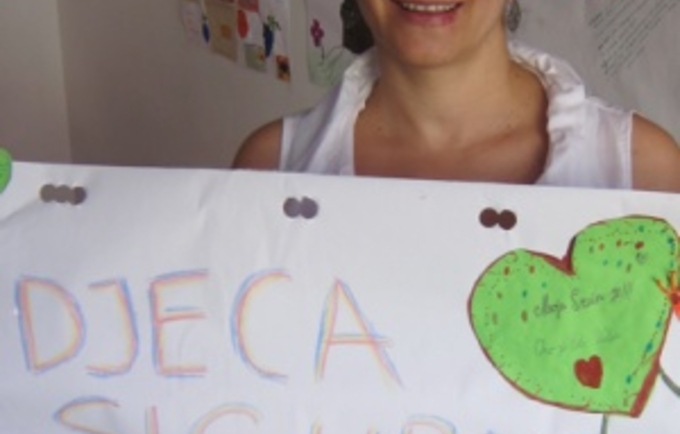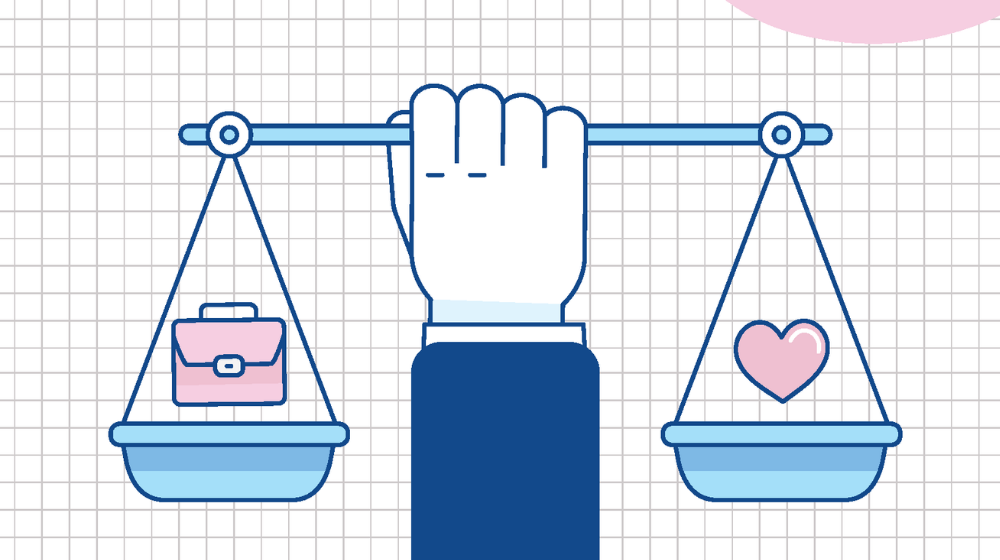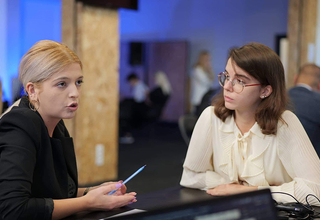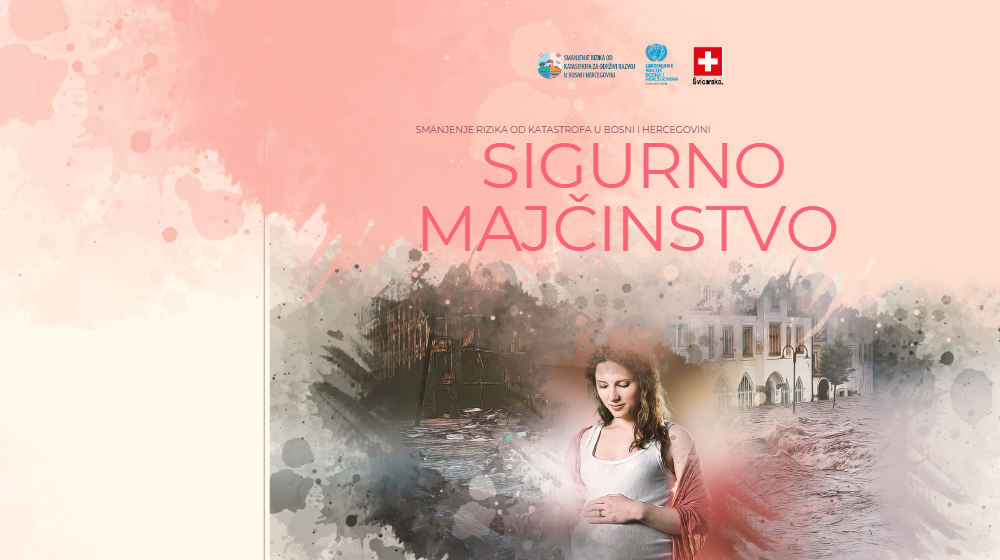With a spirit of healing to comfort those who stay here, the corridors are lined with artwork from safe house residents, the children of domestic violence victims. “These are messages from the children hoping their parents will learn to live in peace again,” explains Green Line Safe House Coordinator, Amra Muslic. A peace, these children hope, they will soon find as well.
This NGO, supported by the United Nations Population Fund, UNFPA, offers a full range of counseling and welfare services for survivors of gender-based violence – an increasing problem in Bosnia and Herzegovina and across the region.
In Eastern Europe and Central Asia, it is believed that as many as one in every three women has been beaten, coerced into sex, or abused in some way - most often by someone she knows, including her husband or another male family member.
Today marks the International Day for the Elimination of Violence against Women, as well as the first of 16 Days of Activism against Gender Violence. Together, these events aim to raise awareness and call for action against gender-based violence in the region and around the world. The Green Line Safe House in Sarajevo exemplifies one such action, providing much-needed services for victims of domestic violence in Bosnia and Herzegovina.
Extending a lifeline to those in danger, the Safe House operates a telephone hotline for victims of gender-based violence, often providing the first point of contact for women who have reached a breaking point. Women who, for now at least, have decided not to suffer silently.
“It’s a very patriarchal society,” concedes Safe House Helpline Operator, Nerimana Sochivica. “Often the mothers of victims have also suffered from domestic violence. And unfortunately, the norm is to keep quiet about it. These women may carry the helpline number around with them for days before getting the courage to call.”
A victim of this country’s lingering war legacy from the early nineties found that her husband, returning from captivity and torture, had become a changed man. “He became aggressive,” she recalls painfully, “abusing the children and myself. Then the violence started and one night he came home drunk and grabbed a knife, shouting, ‘My life has no meaning and neither should yours!’ That's when I decided we had to leave.”
Once women are admitted to the Safe House, they have access to comprehensive services aimed to help them find their voice against the violence that has too often been sustained by their silence. “We adopt a multi-disciplinary approach for all new residents,” explains Ms. Muslic of the Safe House, “by providing them with psychologists, social workers and so on.”
But efforts to end gender-based violence in Bosnia and Herzegovina do not stop here. UNFPA and other partners are supporting efforts to bring about change at the political level, so the law can further provide a refuge for survivors of gender-based violence.
Supporting legislative reform to protect women’s rights
Working with key partners in Bosnia and Herzegovina, UNFPA is advocating for legislative reform and enforcement of laws to protect women's rights to reproductive health choices.
A key player in this arena, The Foundation for Local Democracy (FLD), has worked tirelessly to address the issue. “In tackling gender-based violence,” explains Samra Filipovic-Hadziabdic of BiH Gender Equality Agency, “an ever bigger problem is the fragmented and complex government structures that exist in post-war Bosnia and Herzegovina, and this extends to collecting reliable data for the scale of the problem.”
Given the complicated government and judicial structures set up after the war, part of the problem has been in applying laws that already do exist. For example, the Gender Equality Law allows for civil and criminal proceedings in cases of gender-based violence. “It was adopted back in 2003,” says Chairwoman of the BiH Association of Women Judges, Adisa Zahiragic, “but because of various obstacles in applying it, it has hardly been used.”
Despite a daunting span of bureaucratic hurdles yet to overcome, advocates are seeing signs of progress. “When we started working on this more than ten years ago, no one really knew about the problem,” says FLD Project Manager, Selma Begic. “Working with other groups, we’ve been changing that. But more work still needs to be done working with the Government and the courts to bring about change.”
UNFPA is advocating for women
UNFPA Bosnia and Herzegovina has been advocating to reduce gender-based violence and gender equality. They have started to see some positive results from the activities implemented so far, for example, in strengthening the multidisciplinary response to the needs and rights of women who experienced violence.
"We are taking a multidisciplinary approach to capacity building of service providers at the community level to better deal with this issue," says UNFPA Assistant Representative Faris Hadrovic. Such efforts are important, he contends, across various sectors, including the health and social sectors, as well as with law enforcement, judiciary, civil society organizations as well as in the education system.
"In the future, we also aim to work more on economic empowerment of women and survivors of violence, by enhancing their employability and facilitating employment opportunities," continues Mr. Hadrovic. "We will proceed with our support of government institutions to resolve problems of gender-based violence and civil society organizations to fulfill service gaps in the country."
A UNFPA manual,A Practical Approach to Gender-based Violence, contains practical steps to integrate measures on gender-based violence into reproductive health facilities. The Programme Guide targets primarily health service providers and can also be used as a reference guide for advocacy purposes or other activities in this area.
Gender-based violence both reflects and reinforces inequities between men and women and compromises the health, dignity, security and autonomy of its victims. It encompasses a wide range of human rights violations, including sexual abuse of children, rape, domestic violence, sexual assault and harassment, trafficking of women and girls and several harmful traditional practices. Any one of these abuses can leave deep psychological scars, damage the health of women and girls in general, including their reproductive and sexual health, and in some instances, results in death.
- Rob McBride, Ryan Dolan, Gabriela Iancu, Jasmin Panjeta




